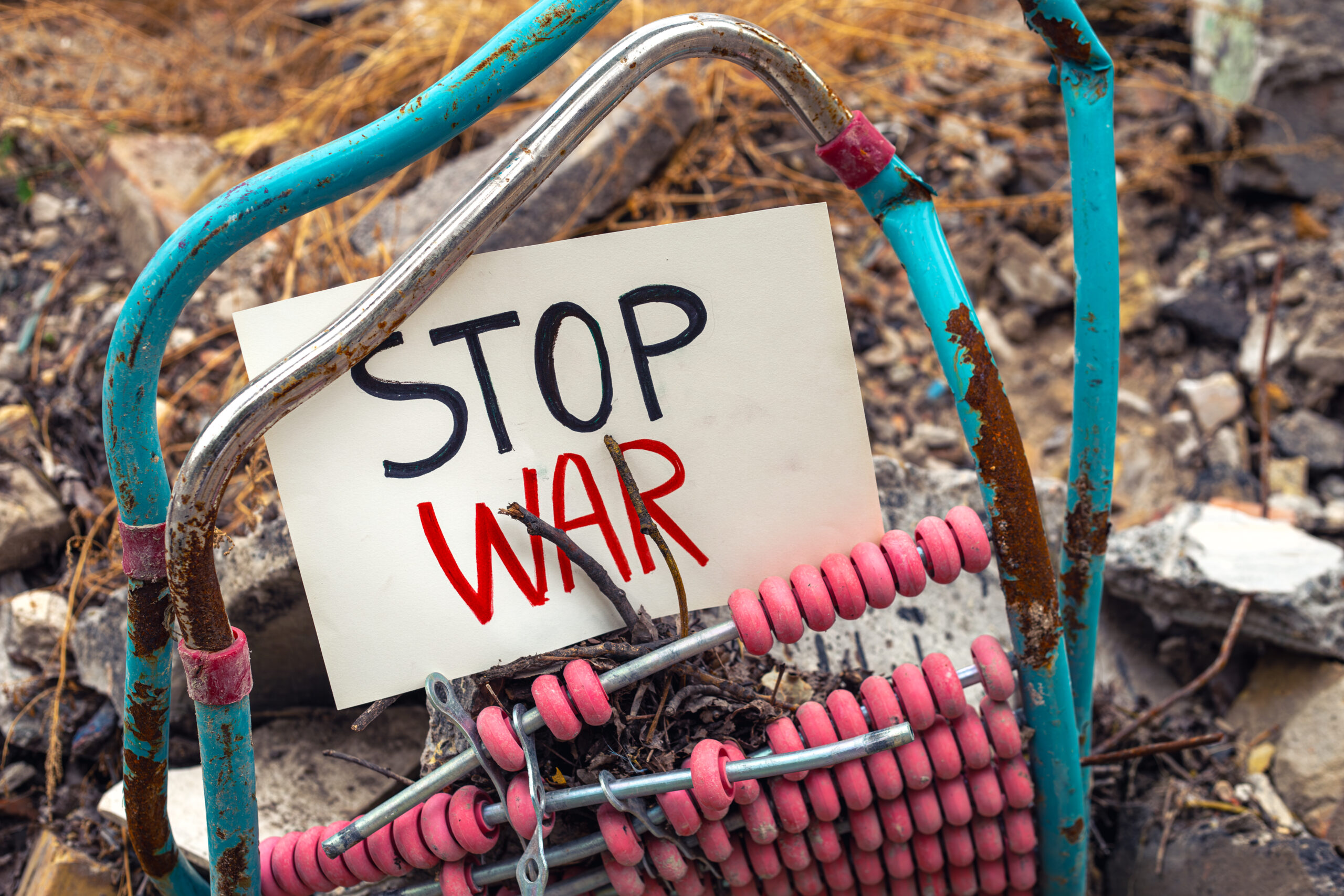The war between Hamas and Israel has reached its eight month since it started and, as we’ve previously predicted, peace has not been reached yet and it will still remain out of reach for the future, unfortunately.
The peace deal proposed by President Biden is still being analyzed by Hamas after it was not accepted, them coming forward with certain modifications that would not be acceptable for the Israeli side. Yoav Gallant, speaking from Washington while he was in a visit to the White House, has stated that Hamas will face consequences if they don’t accept the deal as it was presented.
The situation is not looking better either on the northern border of Israel, with the Jewish state threatening to go ahead with their plan to retaliate at a large scale to the attacks it is suffering from Hezbollah at a daily rate. The pressure is mounting on all sides, in any case. This does not mean that somehow this tragedy that has been happening before the eyes of the international community will be averted.
All sides keep on moving forward with their plans thinking they are holding the upper hand and erroneously so. It is a stalemate: the IDF cannot efficiently separate Hamas from the civilians, so any escalation of the current operations would cause high civilian losses which in turn would delegitimize their actions even further, meaning that even if the IDF would (and could – according to some military and urban warfare experts) want to achieve its objectives by sheer force, it would probably cause international uproar; while Hamas is buying for time, thinking it is on their side, coming forward with many modifications, many unacceptable ones, going for maximalist achievements; Hezbollah is acting like it can guarantee some kind of successful escalation management, which is also misguided since it is extremely hard to predict what the other side is willing to accept, what are its red lines and, as it is, plans which do not leave room for the unpredictable, are plans poorly elaborated – one of the many military maxims.
And all this is happening right in the lives of the civilians which take immense suffering – the Palestinians have been suffering for a long time, their conditions were poor even before this renewed war, while the Israelis are still in a position where they cannot have one of the most basic and vital human condition – security. Both sides have a lacking for that and the current context is exacerbating the needs for many other basic human conditions, for all sides.
On the 19th of June, OCHA reported that Rafah still hosted 64.000 people, while before the evacuation orders which were transmitted by the IDF to the refugees, the southern Gaza Strip city hosted 1.4 million people which had fled the areas affected by active fighting between Hamas and Tzahal. OCHA also reported that on the same date, five fuel trucks had entered the Strip, being the first in the month of June to do so.
According to UNRWA, the Rafah crossing in the south remains closed, the same is correct for Erez crossing in the north, while only the Erez-West and Kerem Shalom crossings are open, but only for pre-approved goods and humanitarian personnel.
The Integrated Food Security Phase Classification (IPC) report, which was released on the 25th of June, deemed that 96% of Gazans face acute food insecurity “at crisis levels and higher”, with half of a million people being in catastrophic conditions.
The world is facing an increased international security crisis and, as an effect, record numbers of civilians are facing and will be facing dire consequences.

